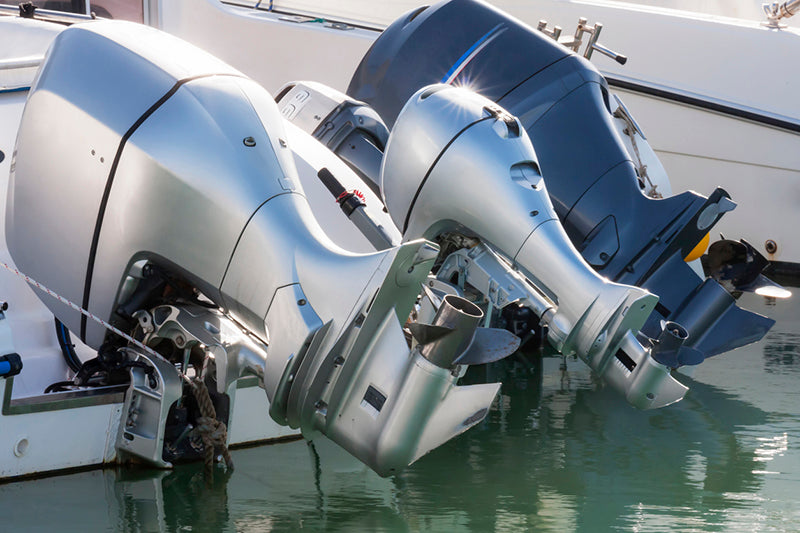You’ve got the electric car and the electric yard tools-- and now you’re thinking perhaps it’s time to get an electric outboard motorfor your watercraft as well. But would it really be the right option for you?
Electric outboards motors, like all other electric power tools and machines of today, no doubt have their advantages. Their biggest advantage is something we can all benefit from: they don’t use fossil fuels and are therefore friendlier to the environment than their petrol counterparts. But before you totally get rid of your petrol outboard motors and switch to electric ones, there are a few things you need to know.
The Electric Experience
Electric motors are very appealling alternatives to petrol motors. The mere fact that they are eco-friendlier is already enough of a reason for most people to switch to electric. However there are several things you need to know about electric outboards before you make that switch.
Electric motors are powered by batteries, which means that your range can be limited depending on your battery’s capacity. Generally the faster you go, the more power is needed and the lesser your range. But this can be remedied by bringing an extra battery or having solar panels attached as a back-up power source.
Another thing you have to consider about electric outboards is that most of them aren’t built for speed. They’re certainly faster than rowing, but most models won’t get you up on plane. So if you’re looking for that type of power, you’d be better off with a petrol motor or you’ll have to spend a little extra for a more powerful electric model.
Speaking of price, electric motors also tend to be pricier than their petrol counterparts, but are more economical in the long run. The price of getting your engine battery fully charged is definitely way less than the price of a full tank of petrol. And with lithium batteries, which can handle numerous charge and recharge cycles, you can expect to get a long battery life and more value for your money. Lithium batteries also hold their charge better and are lighter than traditional batteries, so you can bring along several and it wouldn’t weigh your craft down.
With electric outboard motors you won’t have to deal with fumes, a smelly gas can, motor oils or shaft lubes; or worry about dropping gasoline into the water. You also won’t be enveloped in engine noise, as electric motors are incredibly quiet. Instead of the roar of an engine, you’ll be able to hear the sounds of nature around you.
Electric motors are best for small boats and tenders, and for manoeuvering while fishing. Minn Kota electric outboards in particular come with saltwater models, although most perform best in still, calm waters and are not ideal for flowing waters with strong winds and waves.
If you’re after efficiency, lower maintenance (even with more advanced technology), ease of use, and making the environment a priority, you would do well with an electric outboard motor.
The Power of Petrol
If however, you’re in need of a powerful outboard motor, there’s just no beating a petrol outboard. A petrol motor can easily get you up on plane and zipping through the water in no time at all. Of course with petrol engines you will have to deal with petrol and everything that goes with it: the risk of leakage, the smell, the fumes, and of course the cost. As mentioned earlier you’ll also have to deal with the noise, but if you’re already used to it then it’s not really a problem.
If you have a large craft and are all about speed and traversing rough waters, then you should opt for a petrol engine. With a petrol outboard you can be assured of always getting the power that you need, and your initial spend will not be as high as that of an electric.
Whatever you decide, make sure you turn to the experts in watercrafts and outboard motors in Australia: Waves Overseas. We’ll make sure you get the best motor for your specific needs and preferences. Take a look at our available motors today or give us a call on (02) 9745 5555 to know more.

